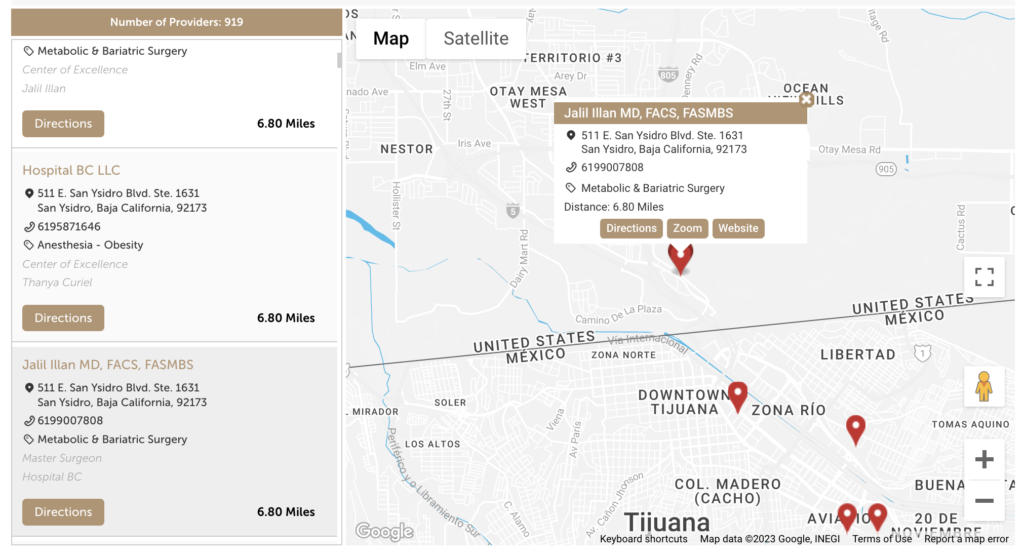If you’re obese and are dealing with sleep apnea, you might have questions about it. What is sleep apnea, how is it caused, and how is it linked to obesity? We understand that sleep apnea and obesity are intrinsically linked for several biomechanical reasons. But what can you do about it?
The good news about sleep apnea is that the severity of it can be reduced with significant weight loss. Here’s how obesity and sleep apnea are related.
What Is Obstructive Sleep Apnea?
Obstructive sleep apnea (OSA) is a condition that causes breathing to stop and then start repeatedly during sleep. It happens when the throat muscles relax during sleep, which causes the airway to be blocked. This causes snoring, but it also can cause other more potentially dangerous conditions.
It’s estimated that up to 70% of adults with obstructive sleep apnea are also classified as obese. Similarly, 45% of adults with obesity are reported to have OSA. Obesity is the biggest risk factor for OSA, but it’s also the only reversible one; obesity treatment has shown to be effective in reducing sleep apnea symptoms.
OSA is a complex condition that affects many different systems in the body. Patients with OSA, for example, are also likely to have high blood pressure and low energy levels during waking hours. Although these could be related to obesity as well, it’s been found that treating patients’ OSA with a continuous positive airway pressure (CPAP) machine can help reduce these problems. It’s also possible that treating OSA with the CPAP machine can also stimulate weight loss by inhibiting ghrelin (hunger hormone) production and promoting leptin (hormone that signals fullness) production.
It’s clear that there is a relationship between obstructive sleep apnea and obesity, but the relationship is complex. It does suggest, though, that treating both the sleep apnea and the obesity together can reduce the negative effects of both.
Can Losing Weight Cure Sleep Apnea?
Because of the complex relationship between obesity treatment and sleep apnea, we cannot say that losing weight will cure sleep apnea in 100% of cases. It’s just not that simple.
What we do know is that patients who lose weight are much more likely to see a reduction in sleep apnea symptoms than those who do not.
Calorie-free flavored water. Many people have a hard time drinking unflavored water due to their lifelong soda or juice drinking habits. If that’s you, we recommend choosing a calorie-free flavored water or a water additive such as Crystal Light or Mio.
Right now, most OSA cases are treated using a CPAP machine, which is used by the patients while they sleep. CPAP machines work wonders in improving daytime energy levels, overall quality of live, and reducing blood pressure.
You could get bariatric surgery in Mexico for a fraction of the cost in the USA.






